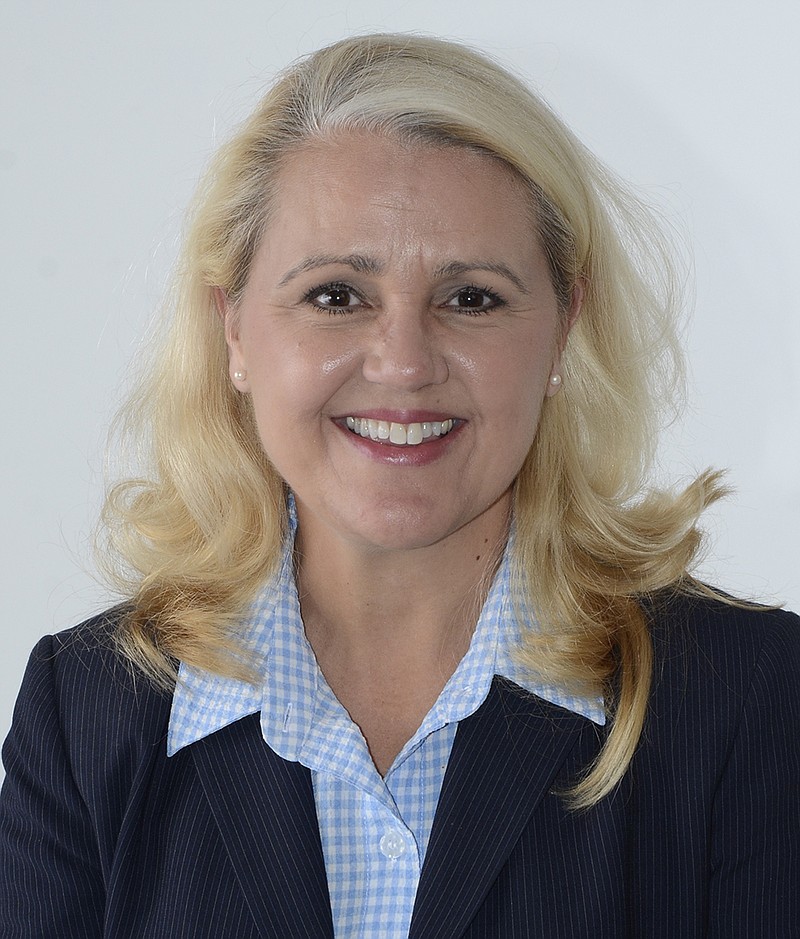The problem most often cited by those surveyed by Gallup in its ongoing tracking poll reveals the growing disgust with the world of politics and government.
Over the course of 2014, "the most important problem facing the U.S." became the "government/Congress/politicians," according to a sample of 1,000 adults taken from each of the 50 states.
For the first time since 2007, the top problem was not the "economy," which ranked second at a yearly survey average of 17 percent versus failing government leaders at 18 percent.
Ponder a few thoughts relative to that dismal showing:
The U.S. government was founded to serve its citizens -- you know, that consent of the governed.
The government has turned into a body of individuals elected by citizens whose interests in theory are represented. Yet, well-funded special interests that are regulated by an overreaching government functioning far outside of its enumerated powers tend to have greater sway in our government.
Each state is awarded representation by two U.S. senators who are popularly elected as well as House of Representatives members, whose number is determined based on population and a census formula that is revisited every 10 years. In Tennessee, our 11 House members are elected by voters in specific geographic districts.
The current tenure of the entire U.S. Congress is reasonable. According to the Congressional Research Service, the just-ended 113th Congress was comprised of House members averaging 9.1 years in office (4.6 terms) and senators averaging 10.2 years (1.7 terms). Yet the power of long-term incumbents who drive priorities away from districts and toward special interests may be a real problem.
A handful of currently serving federal legislators have a career approach to the "citizen legislature" and, not surprisingly, have leadership roles:
* John Boehner -- 24 years, U.S. House speaker
* Hal Rodgers -- 34 years, chairman House Appropriations
* Paul Ryan -- 16 years, chairman House Ways & Means
* Robert Goodlatte -- 22 years, chairman House Judiciary
* Harry Reid -- 28 years, outgoing Senate majority leader
* Mitch McConnell -- 30 years, incoming Senate majority leader
* Barbara Mikulski -- 28 years, outgoing chairman Senate Appropriations
* Thad Cochran -- 37 years, incoming chairman Senate Appropriations
There are more, many more, but you get the point. If you don't like where the government's headed, just like a sports team, a corporate giant, or any organization, it usually requires changing the leadership.
Currently, there are no term limits in the House or Senate. There weren't term limits for the presidency until after Franklin Delano Roosevelt's fourth term. Until then, every president had followed the precedent set of two elections of four years. The U.S. Constitution was amended in 1947 and finally ratified in 1951 with the 22nd Amendment.
My belief has always been that the ballot box serves as the best enforcer of term limits. Times have demonstrated that the public trust is being betrayed and the consent of the governed is negated rather than balanced by special interests. Term limits appear to be a solution.
The role of a legislator is to govern on behalf of one's district and the nation.
If you want to be a managing partner or corporate board member, go to work for that company. If you want to be a partisan political leader, run for the leadership of the GOP/DNC/Tea Party.
Otherwise, run on the platform of your affiliated party and govern for a reasonable amount of time ... then, return to your home and go back to work in the private sector.
Problem solved.
Robin Smith, immediate past Tennessee Republican Party chairwoman, is owner of Rivers Edge Alliance.

